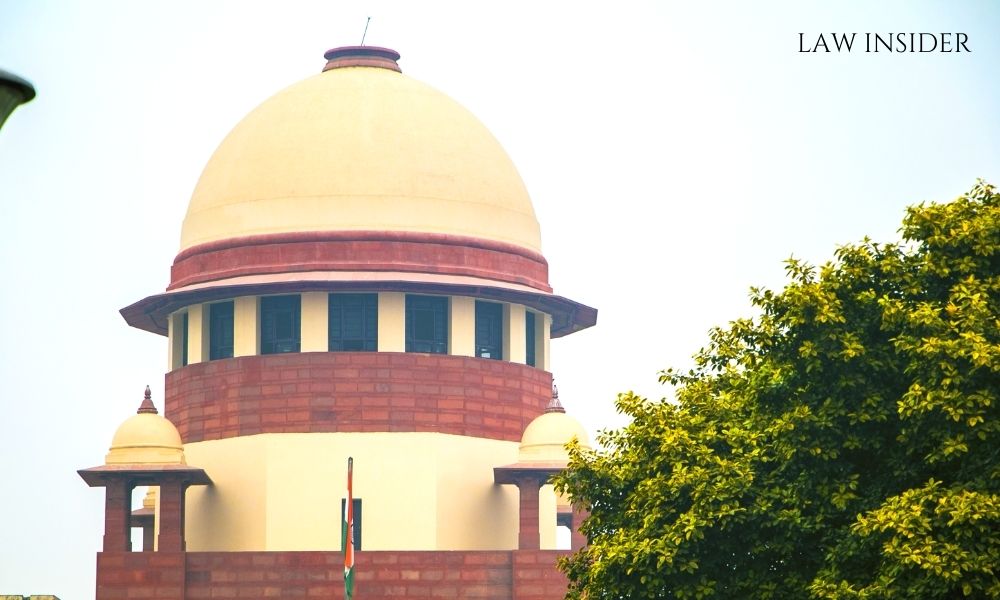LI Network
Published on: October 20, 2023 at 16:03 IST
The Supreme Court, in a recent ruling, has determined that the payment of license fees, including royalties, should be categorized as capital expenditure (capex) and not as revenue expenditure. This verdict clarifies that variable license fees, paid annually, cannot be reclassified as revenue expenditure.
The court emphasized that making payments in installments does not change the fundamental nature of a capital payment into a revenue payment.
It also asserted that the composite rights granted under a license, encompassing the establishment and operation of telecommunication services, should not be artificially divided into separate categories.
The Supreme Court bench, consisting of Justice BC Nagarathna and Justice Ujjal Bhuyan, upheld a Department of Telecommunications plea concerning the computation of taxes related to license fees payable by telecom companies.
The court’s decision has significant implications for the telecom industry and other sectors as well, as it sets a precedent for future disputes over the classification of license fees as either capital or revenue in nature.
In the case under consideration, the High Court of Delhi had previously divided the license fee into two periods, before and after July 31, 1999, and categorized the license fee paid or payable until July 31, 1999, as capital expenditure. In contrast, the balance amount payable after that date was classified as revenue expenditure.
This Supreme Court judgment overturns a 2013 decision by the Delhi High Court, which had not classified the entire fee as exclusively capital or revenue in nature. The implications of this judgment extend beyond the telecom industry, as it raises broader questions about the classification of expenditure as capital or revenue.
The court’s ruling is expected to impact how telecom companies record their Adjusted Gross Revenue (AGR) dues, which include license fees, interest, penalties, and interest on penalties. Following the Supreme Court’s decision, the license fee component of expenditures recorded in 2020 should be considered capital expenditure.
The case’s background involves license agreements executed in 1994, which initially allowed only two players to operate and provide cellular telephone services. However, the 1999 policy introduced multiparty competition, enabling additional licenses without restriction.
The bench clarified that the manner in which payments are structured, such as in installments, should not change the fundamental classification of an expenditure as either capital or revenue.
The Supreme Court’s decision is expected to have far-reaching implications for various industries, as it rekindles the debate on whether license fees should be categorized as revenue or capital expenditure, potentially setting a precedent for future legal disputes on this matter.

